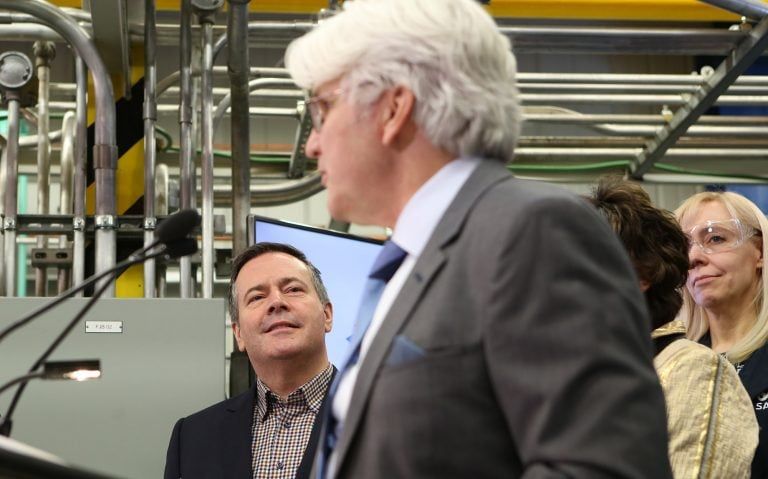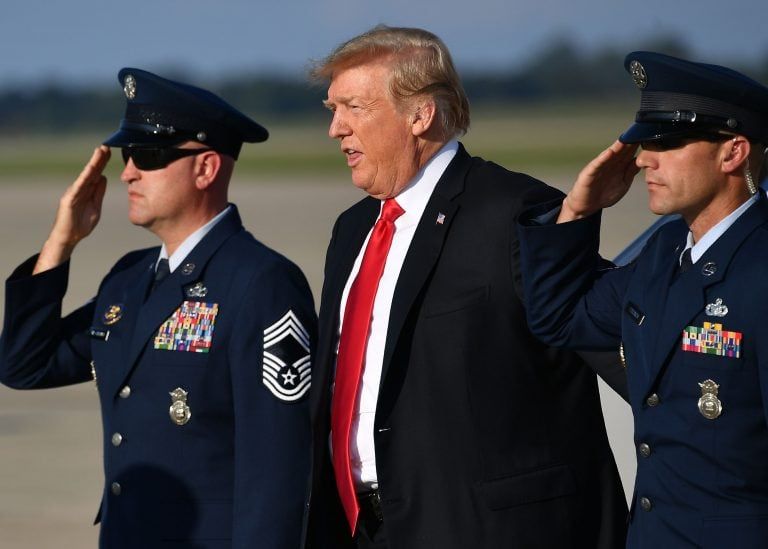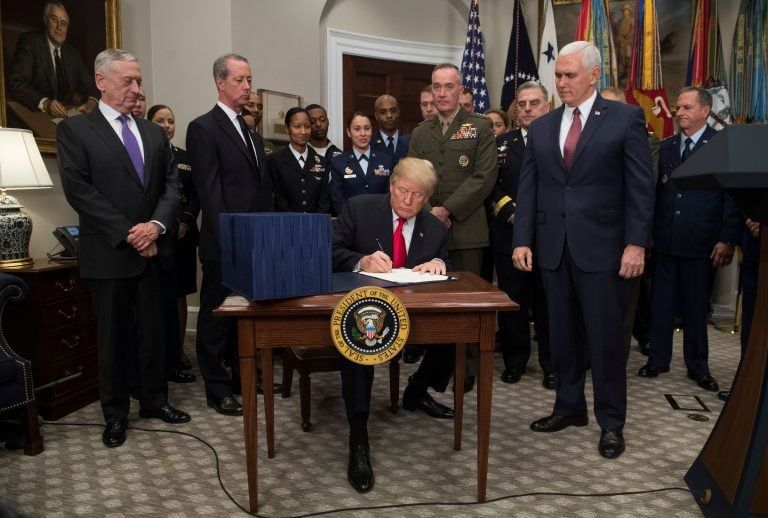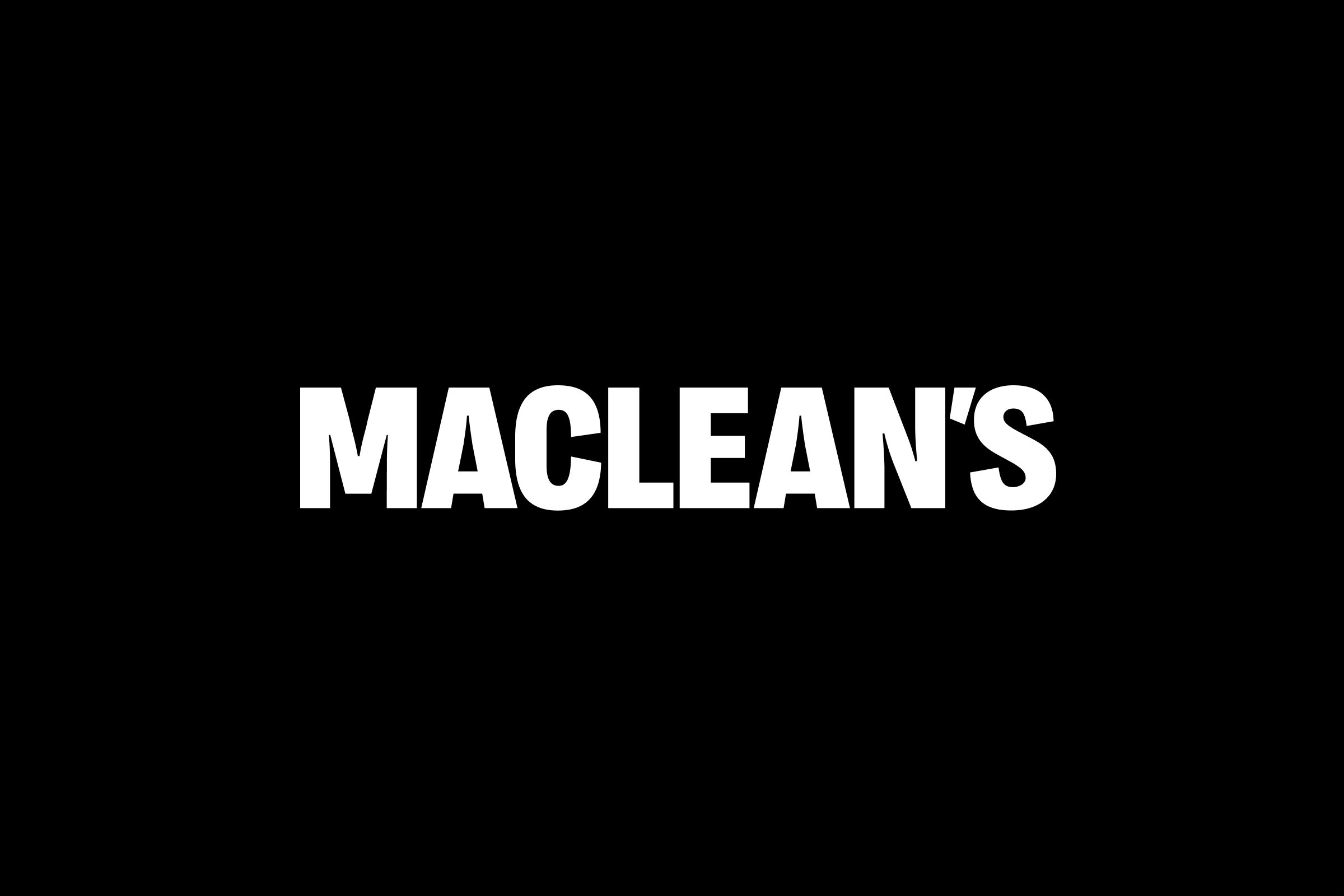New York Times
The unbelievable things coming out of Jason Kenney’s ‘War Room’
Jen Gerson: Nothing demonstrates the parochialism and myopia of the people running Alberta Inc. more than their support for the Canadian Energy Centre
Why is Trump the most impervious U.S. president in history?
Scott Gilmore: America’s president is a liar and fraudster whose scandals, which would have destroyed any politician before him, mean nothing
So you want to betray your boss in the New York Times? Here’s what you should know
Opinion: A former senior political staffer on the four questions you should ask yourself before you end-run your boss with, say, an anonymous op-ed
Don’t worry, the adults are in the room at the White House. So is Kim Kardashian.
Allen Abel: Donald Trump’s Washington woke up to fear, loathing and name-calling—and that was the good part of the day
Why professional criticism still matters
New York Times critic A.O. Scott makes the case for the most maligned of literary figures
Jill Abramson and glass ceilings in the newsroom
Emma Teitel on navigating new terrain in workplace sexism
Nate Silver and the future of media
Colby Cosh on the Sports Guy and the Witch
New York Times accidently publishes new story on Anthony Weiner scandal, takes it down
Does the Times have more dirt on the mayoral candidate?
China hacks the New York Times after getting bad press
Jesse Brown asks questions in the fallout
Globe and Mail, or Cut and Paste?
In January, the Globe and Mail appointed longtime editor and correspondent Sylvia Stead its first “public editor”. What say we pause right there, before we go any further? The job of “public editor” is one most closely associated with the New York Times, which has had five different people doing the job since it created a post with that title in 2003—soon after the Jayson Blair fabrication scandal. The function of the public editor at the Times, as the title suggests, is to advocate for journalism ethics, fairness, and proper practice on behalf of the paper’s readership, dealing with concerns and challenges as they arise.
How reading about coffee may harm your health*
Or perhaps we’re grossly exaggerating…
Psychotropes and children: are we ruining a generation?
There’s very little evidence on the effects of stimulants and antipsychotics in kids









